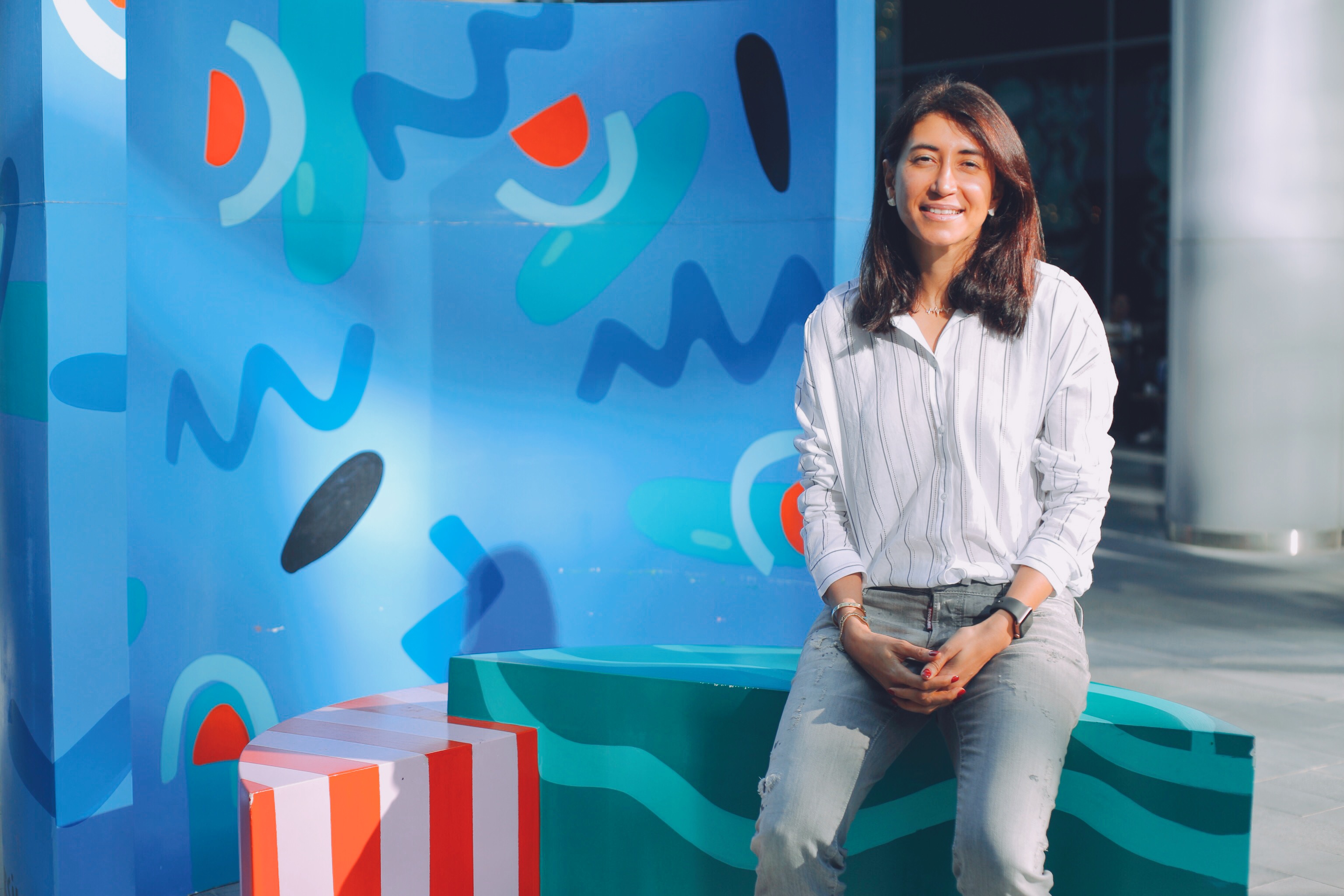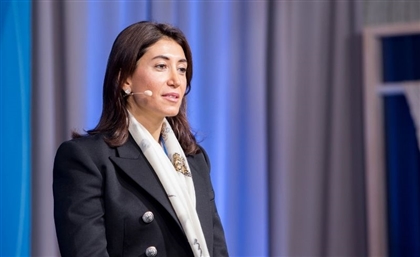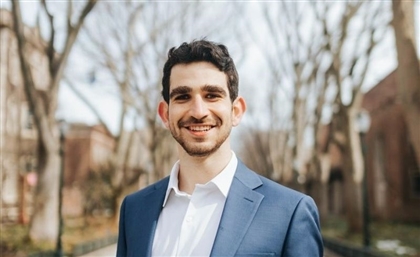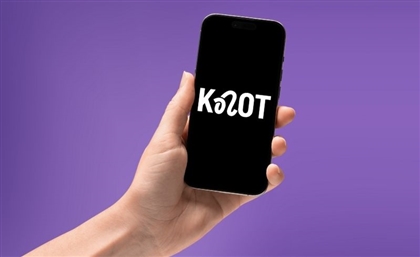The Jordanian Businesswoman Forging a Booming Female Empowerment Economy with her Startup Tarjama
Meet Jordanian business maven – and patriarchy’s worst enemy – Nour Al Hassan, founder and CEO of UAE-based Tarjama, the region’s foremost translation agency.

In business, as in life, culture can be a disruptive force. In an ever-changing world where political statements are a form of PR, culture can raze companies to the ground. At the turn of the century, young people were at the helm of a new wave of entrepreneurship, with the rise of startup culture, and the MENA region is just starting to catch up. At the heart of the region’s entrepreneurial maelstrom is a new and very disruptive trend to our patriarchal societies: Meet Jordanian business maven Nour Al Hassan, founder and CEO of UAE-based Tarjama, the region’s foremost translation agency.
Tarjama is not your father’s translation service. A fully-fledged, full service, one stop shop for all things content, Tarjama relies exclusively on contracted female translators, writers, and editors of all educational backgrounds. “Tarjama was established, in 2008, in Jordan, due to the lack of quality translation, and the need for a massive amount of content to be translated, so I decided to start a small agency, with some women working from home,” Hassan recounts. “Today, Tajama is a company of 73 full time employees, 90% of whom are women. We do content creation and translation and we operate in 8 countries.”

Hassan saw potential where others saw limitation. Many women are unable to hold full time jobs due to the rigid nature of the traditional 9-5 job schedule – and many employers require exactly that. Hassan, on the other hand, decided to ditch that paradigm entirely and found an entire untapped job market in the space that employers had discarded; stay-at-home moms looking for flexible work schedules. “Most employers still prefer having their employees inside an office. Many of the women we employ are, unfortunately, not working because they cannot put in 9 to 5 hours out of home; they have kids, they need to run errands, they have a lot of responsibilities outside working hours. So giving them that flexibility in terms of working hours and offering attractive salaries – not because she's working from home, she gets paid less – has made it very attractive to work with Tarjama,” she explains. In focusing on these women, Hassan proved to have a temerity and foresight that other business leaders before her lacked. “The supply side was very interesting for me, it was an eye opener, because I had no idea all these highly educated, bilingual women in Jordan and across the region were staying home, without jobs,” she remarks.
I had no idea all these highly educated, bilingual women in Jordan and across the region were staying home, without jobs
There is a reason global players and tech giants like Google keep coming back to Tarjama. “We have not done a lot of PR for the company, it's very minimal. So a lot of the business we receive is based on referrals and word of mouth. And, honestly, we’re very persistent when we initiate contact with a client,” she explains. “When I started talks with Facebook, it was 3 years ago and it has just materialized recently. What we're doing for them is a lot of training material that's all behind the scenes, nothing you see online.”
Despite “knocking on all doors,” as Hassan puts it, persistence only gets your foot in the door. The genius of Tarjama’s sustainable business model is what keeps them coming back for more. “Giving women flexible hours and attractive salaries has helped us attract the right talent,” she says. “You need somebody who has very strong English and Arabic, which is not common in the region, so we do a lot of training. We've been doing extensive training in Saudi Arabia, we go to top universities and enrol top students in a 6 -12 months training programme. We've done so in AlAin, Abu Dhabi, Jordan, and we continuously train. So if we want to have a larger supply [of talent], we have to keep on doing the training we do.”
When you enter a market, the best resources for the job are that country’s.
But it’s not enough to just work hard and hope for the best anymore – if it were, we’d all be billionaire philanthropists. Hassan has even laid out a plan for the imminent robot uprising, that she devised after attending a conference on Artificial Intelligence (AI) in Silicon Valley. “I did it to understand how dangerous AI is for our industry, and how serious, and how close it is to us. As far as good Arabic [is concerned], AI is far from that, for the time being. It is going to catch up, for sure, but it won’t be anytime soon,” she says. “The good news is, you will need a lot of good post editors, eventually, for the AI to improve, so the nature of the business might change from just translating documents from scratch to post editing. And that won’t work for all [disciplines] – this does not apply to literature, cannot apply to medical, technical, or legal content, so you will still need human intervention.”

It’s easy to dismiss corporate activism as a marketing gimmick – rightfully so, in most cases, but in a region trailing behind the rest of the world when it comes to gender equality, the old feminist trope of women sticking together needs to be the guiding principle for all women in positions of power. And Hassan, once again, put her money where her mouth is when she announced a training programme for women in Saudi Arabia, a country with one of the lowest female employment rates. “We have a big client base in Saudi. The market is huge, it's the largest in the region,” she says. “When you enter a market, the best resources for the job are that country’s.”
Together with her army of women, Hassan made Tarjama a rite of passage for anyone looking to localize their business in the MENA market. Next time your business is in trouble, maybe cherchez la femme!
This article was originally published by Scene Arabia.
Shoot by MO4Productions
Videography by Sarah Dahab
Photography by Bibo Ramsis
Trending This Month
-
Jan 19, 2026






















